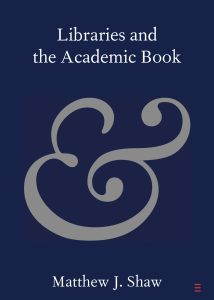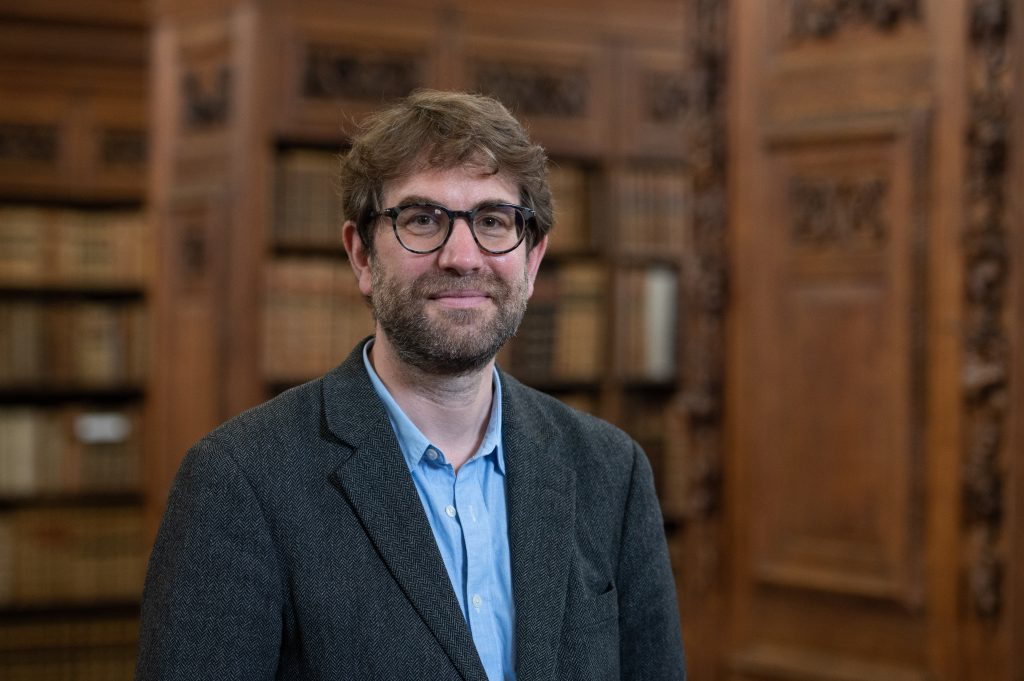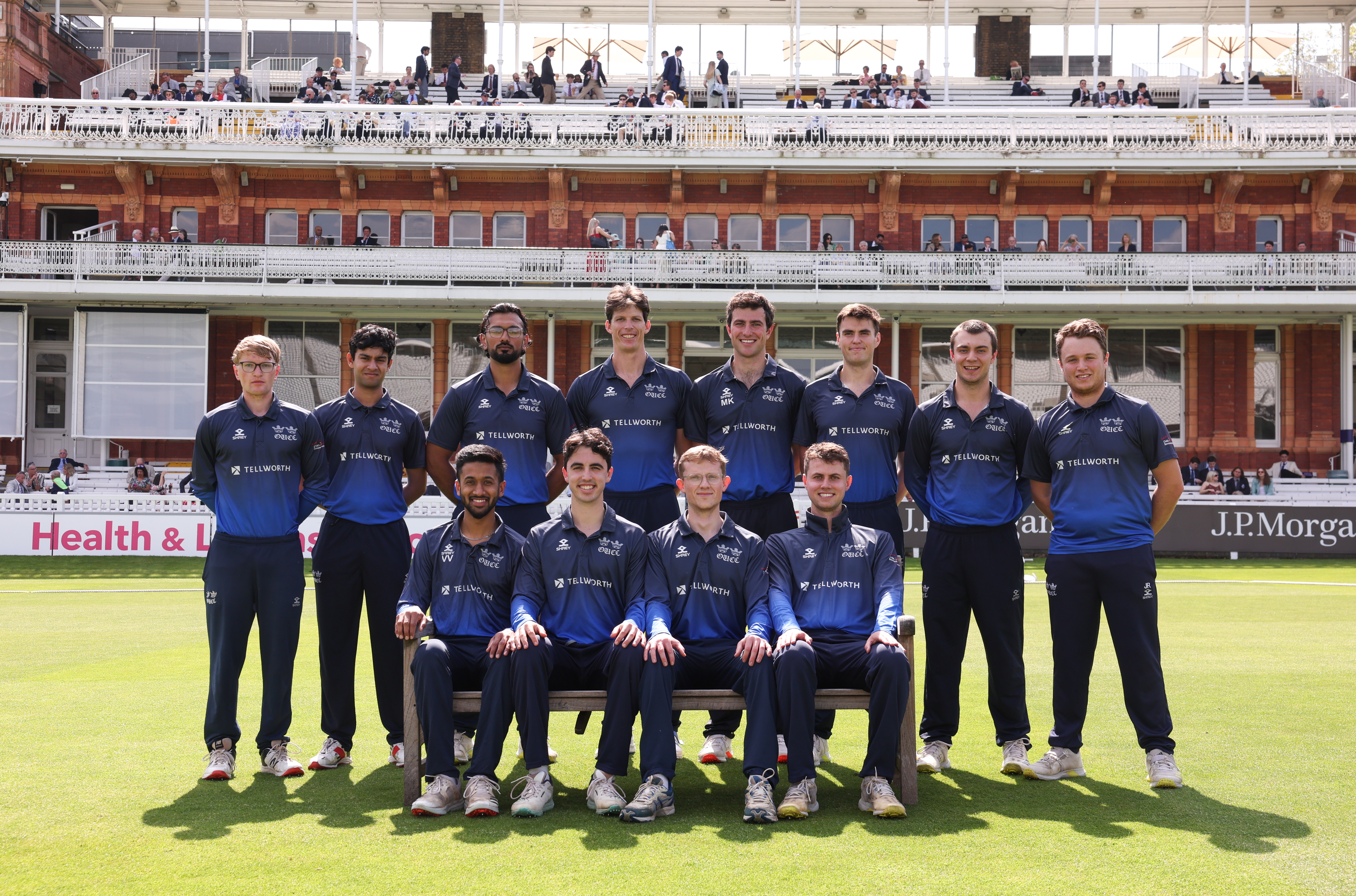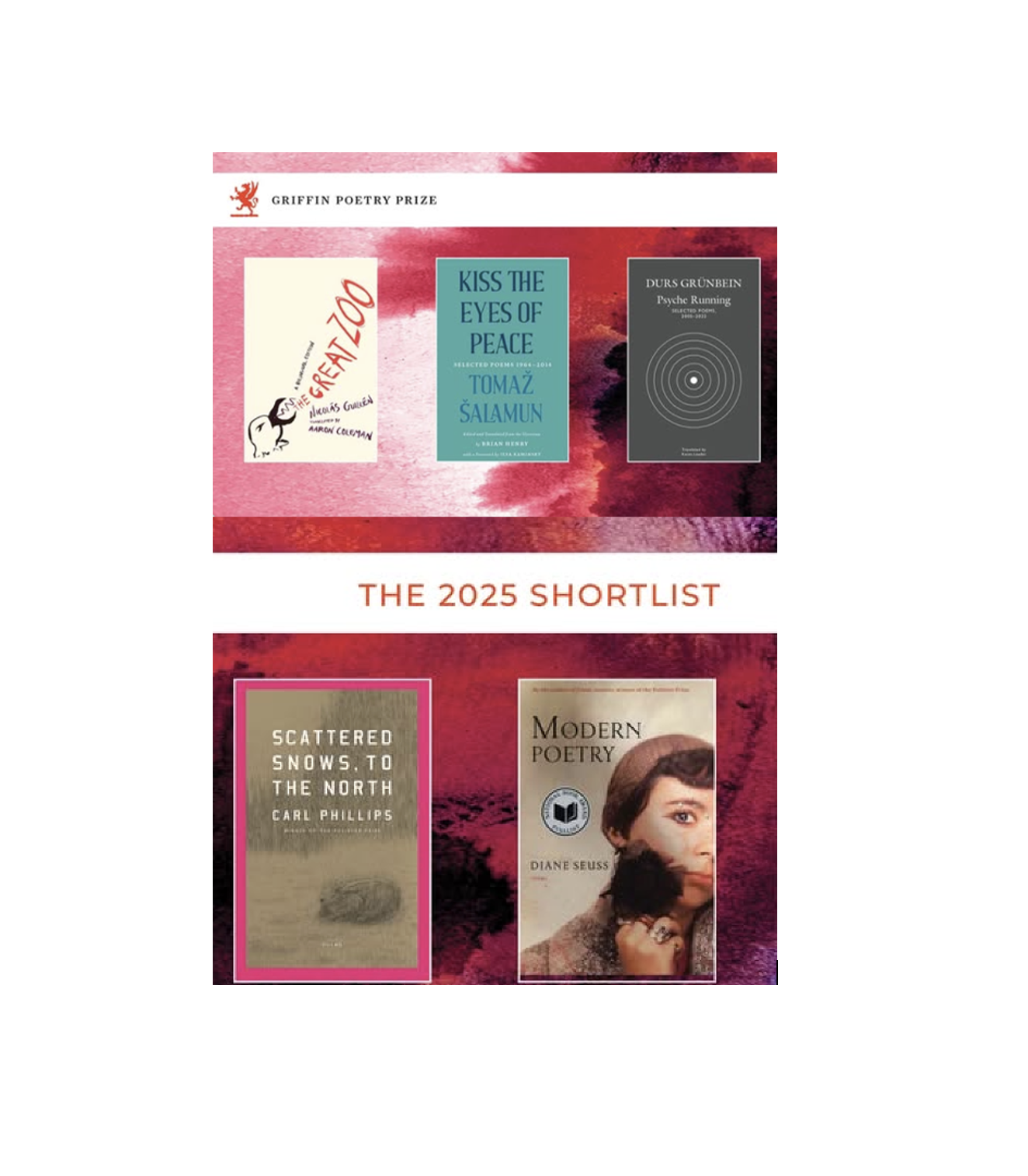Dr Matt Shaw has served as the College’s Librarian since 2020. He has recently published his fourth book, Libraries and the Academic Book, in the Cambridge University Press ‘Publishing and Book Culture’ series. We asked him to tell us more about his findings on this topic.
What role have libraries played in the development of academic books?
When I came to write the book, I realised that the role of libraries in the publishing and writing of books hasn’t been properly explored. There are histories of libraries and histories of the book, but it’s rare to see them examined together, when libraries – in monasteries and colleges such as Queen’s – helped to create a market and audience for the codex and, by the twentieth century, became the most important market for academic books. Combine that with the importance of libraries to authors in the researching and writing of books, and then there’s a really interesting history there.
In your book you explore the effects of the COVID-19 pandemic when libraries were forced to close their physical doors. What did you find were libraries’ responses to lockdown?
The book was mostly written on the Chiltern Railways train from Marylebone to Oxford and back again in an empty carriage during lockdown. It seemed natural to start with libraries during covid as librarians, especially NHS librarians, were often key workers, and libraries ramped up their pre-existing digital ‘offers’, such as the Bodleian’s ‘scan and deliver’ or ‘curb side pickup’ in the US. At the same time, the absence of most readers in the reading rooms was a stark reminder of what makes these places special.
What are the longer-term effects of the pandemic on scholarly communications between libraries, publishers, funding bodies, and higher education institutions?
The book speculates that the pandemic may have been an excuse to push through pre-existing projects, such as cutting back on public libraries and various other cost-cutting measures. Drawing on the history of the Spanish Flu, I also wonder if the pandemic will be consciously forgotten as soon as possible. In terms of scholarly communication, the process of publishing a book has been broken down further into various outsourced, digitally mediated processes, from copy-editing to marketing. Zoom has changed the way that people can run seminars to discuss or publicise their books, however. There have been other changes behind the scenes, notably in how open access materials for the Research Excellence Framework assessment are processed and prioritised, as well as a large debate among academics, libraries, and scholarly societies about open access monographs, particularly in the humanities. This is still very live.
How are new technologies affecting the modern library and its relationship with academia, and what do you think will happen next?
As I finished the book, there were rumours of what OpenAI were about to launch. Clearly, generative AI and Large Language Models raise a host of policy and pedagogical questions. Libraries are very divided on this, with librarians worried about intellectual property, ethics, the environmental cost, while also recognising the potential power of such tools. I hope that libraries and librarians are part of the wider discussion about how we respond to these issues; librarians occupy an interesting space between academics, students, and readers, and should, as a result, have some interesting things to contribute.
How is the College’s own library adapting to meet the changing needs of its readers?
The College has a brilliant library, in terms of space and collections, as well as my colleagues. We try and keep a close eye on how we are doing with surveys and comparing the Library to other institutions. The focus at the moment is on making sure that reading lists are well covered, thinking about how graduates are supported (when their main collections will be elsewhere), and providing as smooth as possible access to digital resources. This is complemented by drawing on the special collections – and their materiality – as much as possible. We run show-and-tells in the Upper Library and are pleased to be able to help Fellows, such as Prof Tamara Atkin, arrange hands-on sessions with the collections.
What do you currently have on loan from the library?
I have a bunch of books on First World War memorials (in particular, pamphlets arguing about what their aesthetics should be) for a future exhibition, and some books on the history of timekeeping for a chapter I need to finish for an edited work on eighteenth century time.




